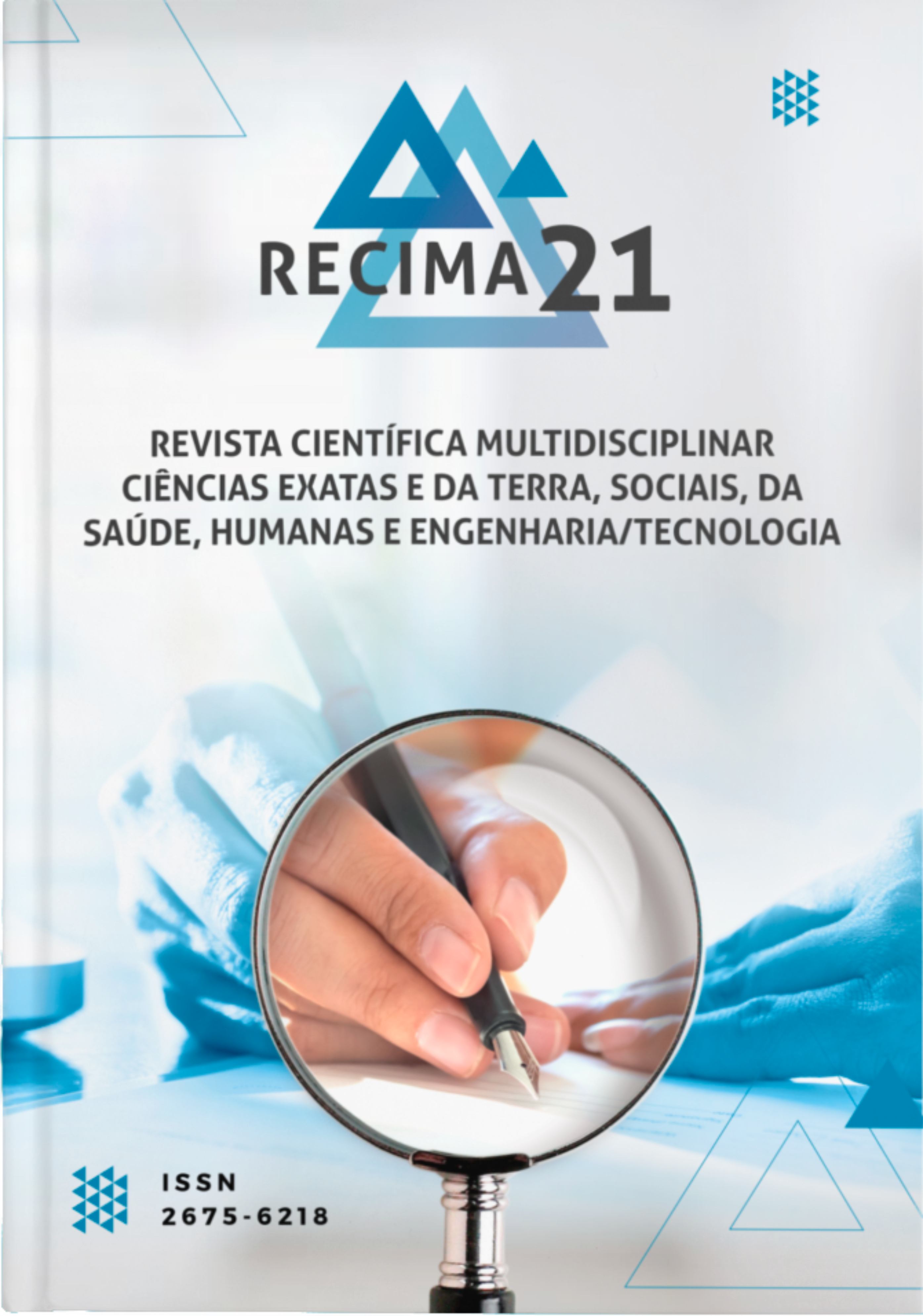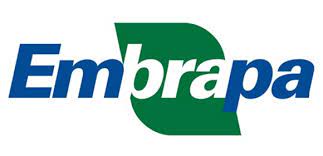EDIFÍCIO COMERCIAL NET ZERO ÁGUA E ENERGIA – ESTUDO DE CASO NA CIDADE DE SÃO PAULO
DOI:
https://doi.org/10.47820/recima21.v2i8.632Palavras-chave:
Edifício Sustentável, meio ambiente, Cidadão, edifício net zero água e energia, Edifício VerdeResumo
A atual situação pandêmica de Covid19 no Brasil, agravou questões referentes ao preço da energia, disponibilidade de água, custo dos alimentos, e do exercício do trabalho em ambientes contaminados conhecidos por síndrome do edifício doente. Os atuais estudos de Edifícios Net Zero Água e Energia (ENZAE), realizados no mundo podem ser uma solução para diversos problemas atuais e outros por vir, com o aumento da população mundial. O Brasil carece de estudos e pesquisas sobre ENZAEs. Este trabalho aplica uma metodologia para projeto de ENZAEs em um estudo de caso de um edifício comercial localizado na cidade de São Paulo, procurando entender seus aspectos técnicos, impactos locais e suas limitações.
Downloads
Referências
Ministério de Minas e Energia. Atlas da Eficiência Energética Brasil-2020 Relatório de Indicadores. 2020.
United Nations. World Population Prospects 2019 Highlights. Department of Economic and Social Affairs. 2019.
USAID. Water and Development Strategy 2013-2018.
Yaleglobal online. World Population: 2020 Overview. Available at: https://yaleglobal.yale.edu/content/world-population-2020-overview. Last access: Fev, 2021.
Wei W, Harrison Ms, Piotr Ad. Selecting HVAC systems to achieve comfortable and cost-effective residential net-zero energy buildings. Elsevier. Applied Energy. 2018;212:577-591.
Fields J, Oteri F, Preus R, Baring-Gould I. Deployment of Wind Turbines in the Built Environment: Risks, Lessons, and Recommended Practices. NREL, Technical Report. 2016 June.
Mladen B. Wind Power Buildings Integration. Croatia. 2013. Disponível em: www.researchgate.net.
Living Building Challenge Energy Petal, Living Building Challenge: Energy Petal – Implementation Guide, International Living Future Institute; 2016.
Harkouss F, Fardoun F, Pascal HB. Optimal design of renewable energy solution sets for net zero energy buildings. Elsevier. Energy. 2019;179:1155-1175.
Hu M, Does zero energy building cost more? – An empirical comparison of the construction costs for zero energy education building in United States. Elsevier, Sustainable Cities and Society; 2019.
Living Building Challenge. LBC 3.1 A Visionary Path to a Regenerative Future. International Living Future Institute; 2016.
Green Building Council Brasil. Informações sobre a Norma LEED no Brasil. [acesso em: 20419 jan]; disponível em: https://www.gbcbrasil.org.br.
Escrivã EG, Santamaría O, Mugarra LF. Continuous assestment of energy efficiency in commercial buildings using energy ratings factors, Elsevier Energy and Buildings. 2012;49:78-84.
Kibert Charles J. Sustainable Construction – Green Building Design and Delivery Third Edition, Publisher John Wiley & Sons Inc; 2013.
Salman AA, Wade AC, Darren O, Irthishad A, Building information modelling for sustainable design and LEED ® rating analysis, Elsevior Automation in Construction. 2011;20:217-224.
Thomas A, Menassa CC, Kamat VR. A system simulation framework to realize net-zero building energy retrofits. Elsevier, Sustainable Cities and Society; 2018.
BP. Statistical Review of World Energy 69th edition. 2020.
Ministério de Minas e Energia. Balanço Energético Nacional 2020. Brasilia: EPE; 2020.
Zhihua Z. et al. The operational performance of “net zero energy building”: A study on China. Applied Energy. 2016;177:716-728.
Zumtobel. The lighting handbook. Austria: Zumtobel; 2018. [access: 2020 July] available at https://www.zumtobel.com/PDB/teaser/EN/lichthandbuch.pdf.
Downloads
Publicado
Como Citar
Edição
Seção
Categorias
Licença
Copyright (c) 2021 RECIMA21 - Revista Científica Multidisciplinar - ISSN 2675-6218

Este trabalho está licenciado sob uma licença Creative Commons Attribution 4.0 International License.
Os direitos autorais dos artigos/resenhas/TCCs publicados pertecem à revista RECIMA21, e seguem o padrão Creative Commons (CC BY 4.0), permitindo a cópia ou reprodução, desde que cite a fonte e respeite os direitos dos autores e contenham menção aos mesmos nos créditos. Toda e qualquer obra publicada na revista, seu conteúdo é de responsabilidade dos autores, cabendo a RECIMA21 apenas ser o veículo de divulgação, seguindo os padrões nacionais e internacionais de publicação.

 Clique para ver detalhes
Clique para ver detalhes 











